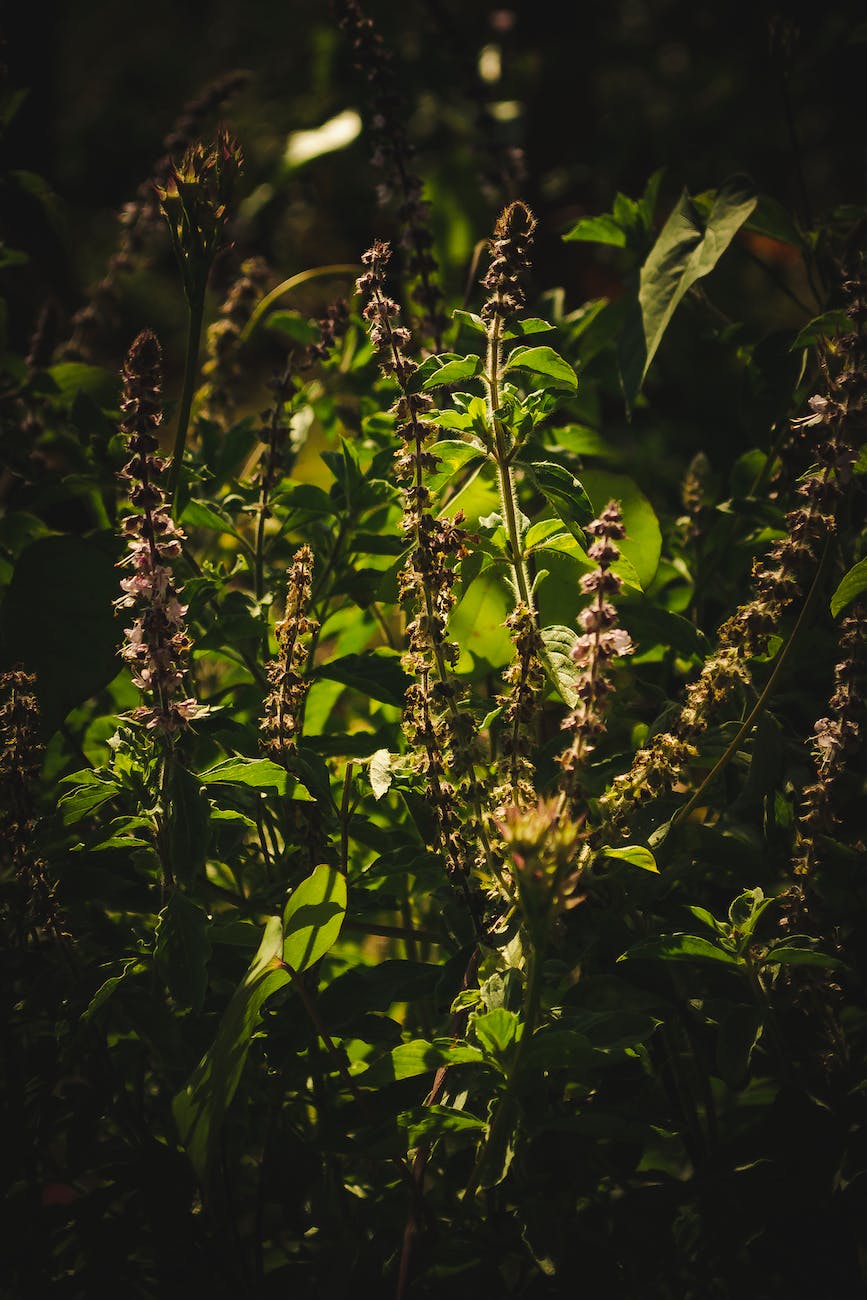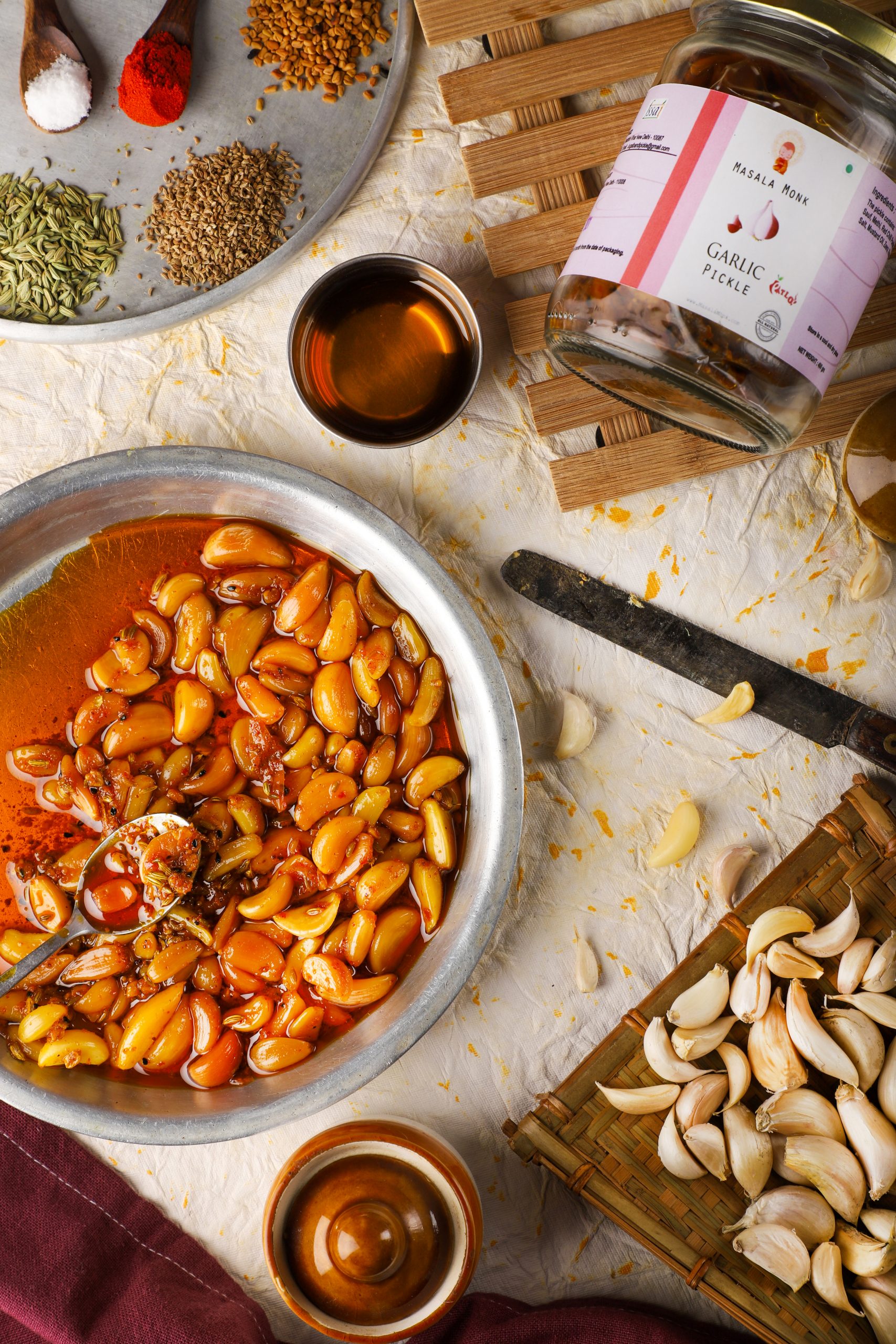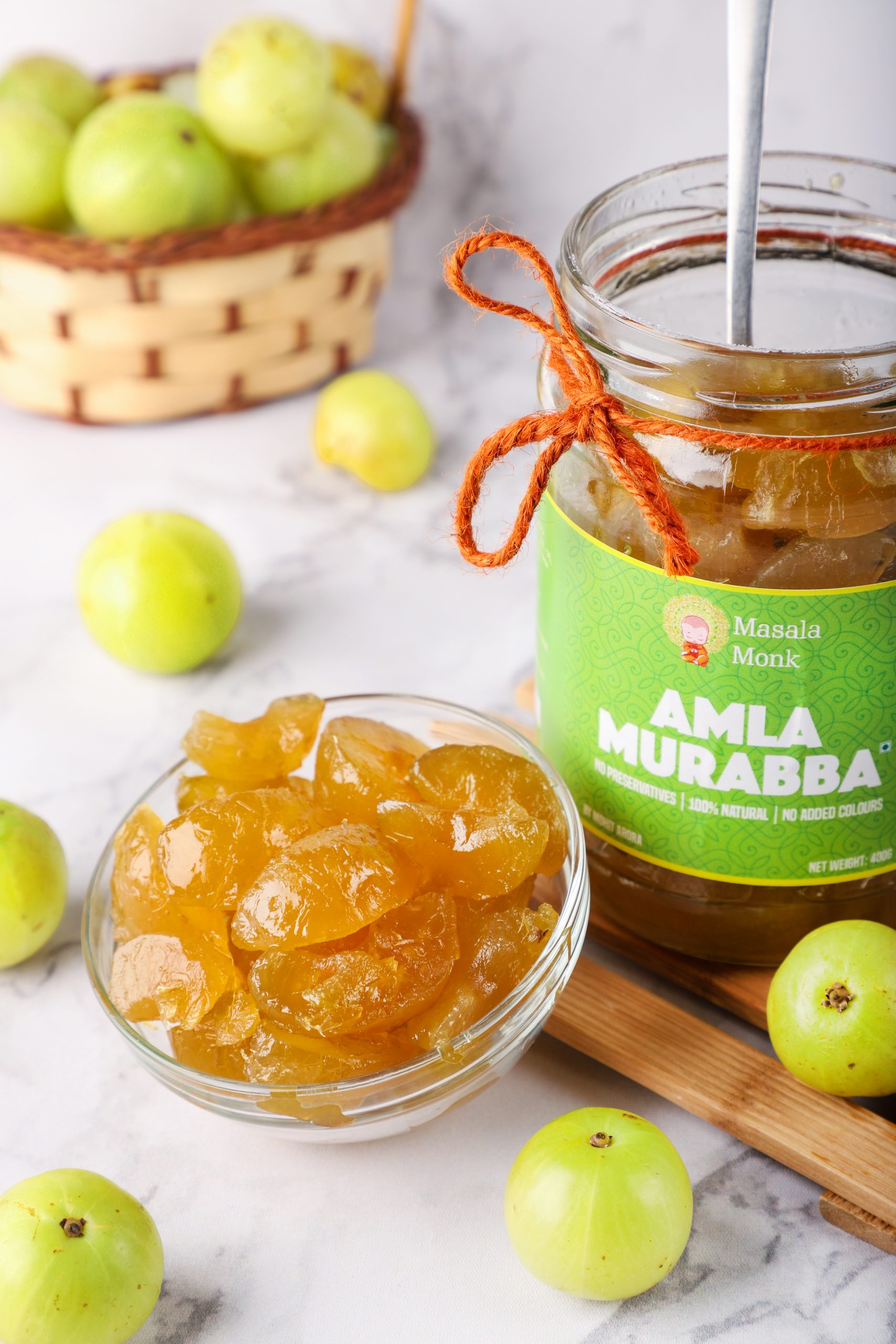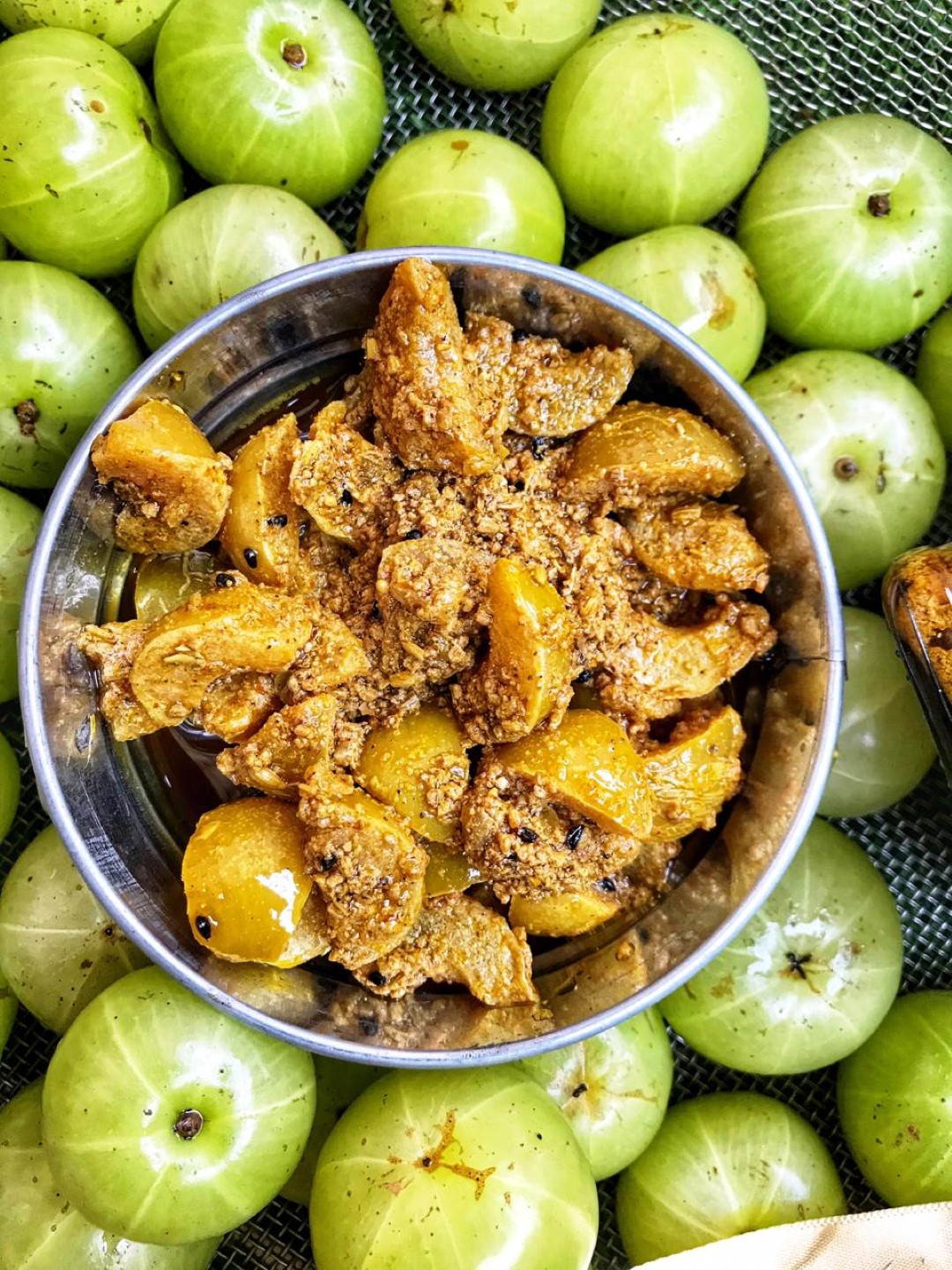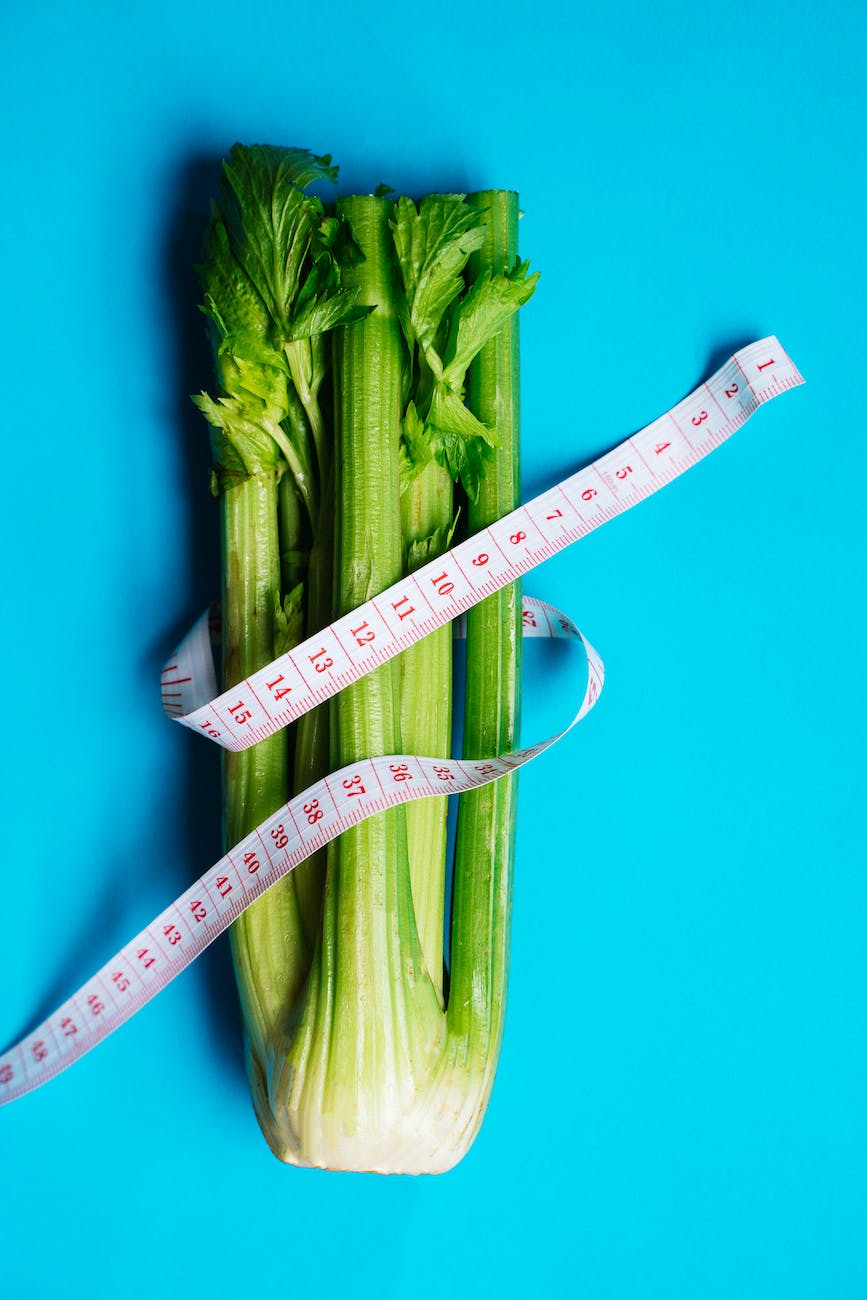
Are you on the hunt for the perfect juicer to make your daily glass of celery juice? 🧐 Look no further! Celery juice has taken the health world by storm and for good reason. It’s packed with essential nutrients like vitamin K, vitamin C, potassium, and folate. But to unlock all these health benefits, you need a juicer that can effectively extract these nutrients. Here are our top picks for the best juicers for celery in 2023.
🏆 Omega NC900HDC Juicer Extractor 🏆
The Omega NC900HDC Juicer Extractor is our top pick and the gold standard of celery juicers. This masticating juicer operates at a low speed of 80 RPM, minimizing heat build-up and oxidation. This slow and steady process helps to preserve the nutrients in your celery juice, ensuring you get the most out of every glass. 🥤
Why we recommend it for celery 🥬: The slow masticating process is perfect for extracting juice from fibrous vegetables like celery. It ensures you get every last drop of nutrient-rich juice, leaving behind very dry pulp.
Cons 😕: The Omega NC900HDC is a bit on the expensive side, and its large footprint may not be suitable for smaller kitchens.
💰 Aobosi Slow Masticating Juicer Extractor 💰
If you’re on a budget, the Aobosi Slow Masticating Juicer Extractor is a fantastic option. Despite its lower price point, this juicer doesn’t skimp on performance. It operates at a slow speed of 80 RPM, which helps to preserve the nutrients in your celery juice.
Why we recommend it for celery 🥬: This juicer is designed to extract a high yield of juice from celery, leaving behind very dry pulp. This means you’re getting the most juice for your money! 💸
Cons 😕: Some users have reported that this juicer can struggle with harder fruits and vegetables.
⏱️ Breville BJE430SIL The Juice Fountain Cold ⏱️
If you’re all about speed and convenience, the Breville BJE430SIL The Juice Fountain Cold is the juicer for you. This centrifugal juicer is equipped with a powerful 850-watt motor that can juice large quantities of celery quickly and efficiently.
Why we recommend it for celery 🥬: If you’re juicing large quantities of celery and don’t want to spend a lot of time, this juicer is a great choice. Its large chute also reduces prep time as it can accommodate whole stalks of celery.
Cons 😕: As a centrifugal juicer, it may not extract as much juice as a masticating juicer. Some users have also reported that it can be a bit noisy.
In conclusion, the best juicer for celery depends on your specific needs and preferences. If you value nutrient preservation and maximum juice yield, a masticating juicer like the Omega NC900HDC or the Aobosi Slow Masticating Juicer Extractor would be a great choice. If speed and convenience are more important to you, the Breville BJE430SIL The Juice Fountain Cold would be a suitable option.
Remember, the perfect juicer for you is one that you’ll use regularly. So consider factors such as ease of use, cleaning, noise level, and price when choosing a juicer. Happy juicing! 🥳🎉
P.S. If you’re passionate about healthy eating and love sharing tips and recipes, we invite you to join our Facebook group, Eatlo. It’s a community of food lovers and health enthusiasts just like you. Come share your juicing experiences and learn from others. We can’t wait to see you there! 🙌🍏🍓🍊🥕🥦

